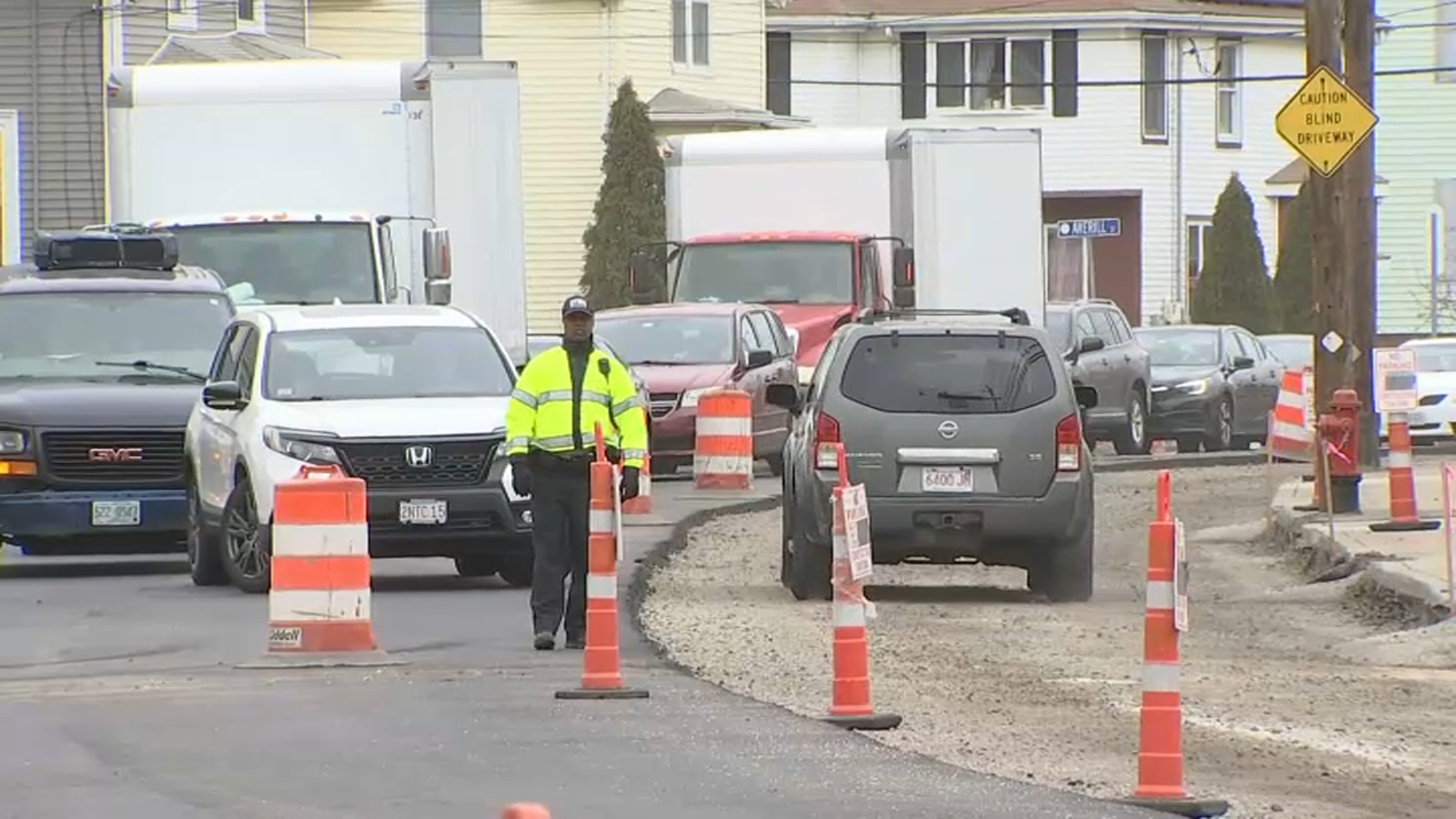Much to the chagrin of the international Olympic movement, hosting a games has become synonymous with racking up billions in waste and fraud, broken promises of social benefits, taxpayer bailouts, and white-elephant stadiums and other facilities that never wind up getting reused.
Boston 2024 organizers are vowing, this time would be different. And if you take a look back at past North American summer games, at least, there’s some reason to think Boston won’t be another Beijing, Athens, or Sochi.
“I will never leave Boston with a large pricetag of an unpaid debt when it comes to the Olympics,’’ Mayor Marty Walsh said Friday morning.
Just by the bottom line, the 1996 Olympics in Atlanta closed with a widely reported $10 million operating surplus. Los Angeles 1984 closed with a $232.5 million operating surplus. But the last North American summer games before that, Montreal, ran up $2.7 billion in debt for its 1976 games – debt that took the city and province of Quebec 29 years to finally pay off.
If Los Angeles is the gold standard for having an Olympics that doesn’t traumatize taxpayers, Boston 2024 chairman John Fish, CEO of Suffolk Construction, appears to have mastered many of its key lessons, including designing a games with 33 venues “reusing existing facilities, no ‘white elephants,’ being very, very careful about costs and expenditures.’’
But as the first gaming coming out of the nadir of Montreal 1976 and the internationally boycotted 1980 Moscow Olympics, Los Angeles and its leader, Pete Ueberroth, pulled off fiscal feats likely impossible for Boston – or anyone else – to recreate. From prior games, Los Angeles pulled off an eight-fold increase in television, ticket, and sponsor revenues, including getting ABC to pay 11 times as much for rights to broadcast the 1984 games as the 1976 Montreal games drew, or $225 million. (NECN’s parent company, NBC, owns broadcast rights to the Olympics already through 2036.) Ueberroth also pioneered the now common strategy of maximizing sponsorship revenues by making them scarce and sparking “one sponsor per category” bidding wars, like Coke versus Pepsi.
Governor Charlie Baker appeared briefly at the Friday morning event and left without taking questions, including questions about whether he can guarantee there will be no state taxpayer liability for a Boston games besides already-planned and –needed infrastructure and transit upgrades.
Massachusetts
The latest news from around the state
But Baker said: “There will be significant opportunities for all of us to engage in a very robust and thorough debate about what we can bring to this opportunity, the innovation we can bring, the public private partnership we can bring.’’



